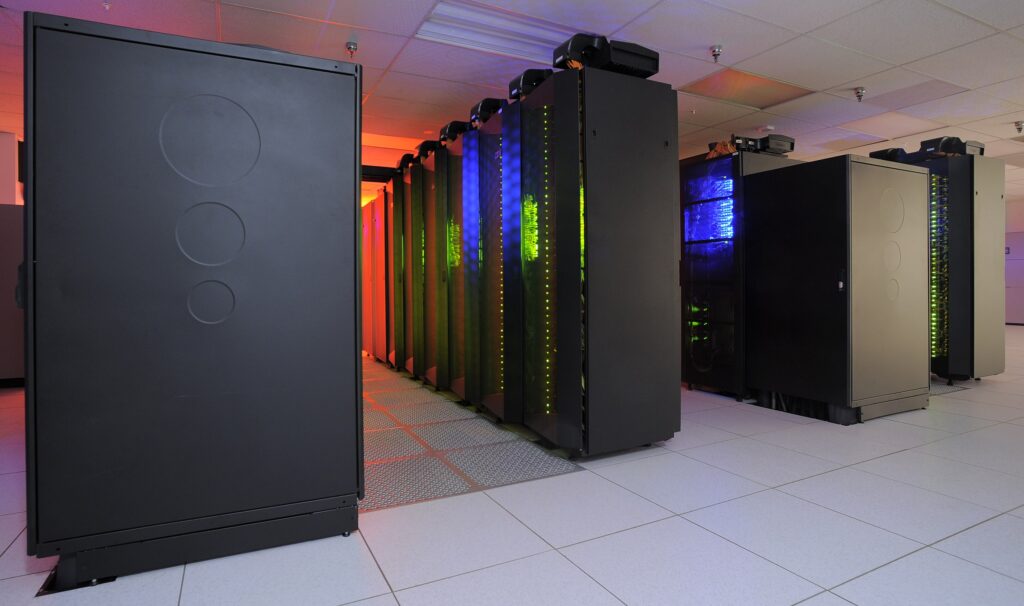

As the global economy slowly pulls itself out of the greatest recession since the Second World War, the role of ICTs has transformed the critical relationship between technologies and business operations.
For decades professors at universities and business schools taught models that suggested the technology departments should serve the business departments as their clients, offering value by means of supporting both the existing lines of business and business innovations. In practice that rarely happened. Traditional modes of treating technology as an independent force that could be employed or not by the core business remained the standard procedure. At best, the ‘output’ of the technology department was considered as an ‘input’ into the business department on a cost-benefit basis. Costs were relatively easy to identify, but benefits remained more obscure, even abstract, and decisions were sometimes no more than an act of faith. As such, even when they were the right thing to do, they were often done in the wrong way and failed to deliver the full benefits.
That is changing radically. ICTs are now such an integral aspect of every business operation that it is no longer necessary to discuss technology as ‘serving’ business. In many ways it is the business, even if the business is not a technology business. For example, as a public service, long distance buses, just like airports, frequently offer Wi-Fi. It has nothing to do with travel per se, but it is still considered part of the service. And booking the service online is also considered a basic part of the service. It also represents a competitive advantage for first movers, but the point being made here is that most of these first moves have already taken place.
If this is true, then marketing and consulting on IT projects needs to promote a much more holistic view of investment in ICTs. The emphasis needs to be upon business innovation with IT at its core as enabler (production), systems integrator (productivity) and end user service (revenues). IT no longer needs a business case, it is the business case. So the marketers and consultants need to focus on educating the CEOs and business development managers on the business capabilities of ICTs and not just on the ability of IT to support the business.
The cloud computing and virtualization debates are a step in this direction to be sure, but maybe they are still promoted in traditional terms because these are the terms CEOs are used to. The alternative is to think through the value chain process starting at the end-user end and working backwards. In other words, start with the revenue-generating possibilities and work backwards to the cost efficiencies. The post-recession global economy will be looking for revenue growth. The costs have already been cut.
zp8497586rq